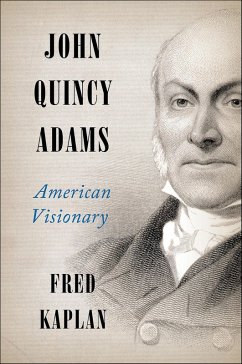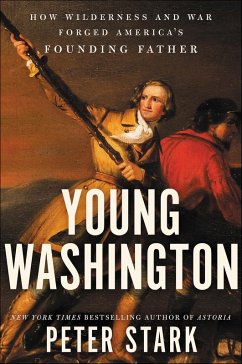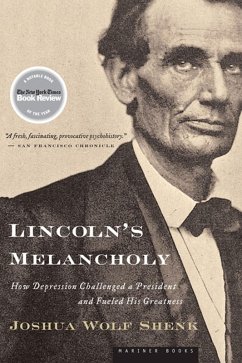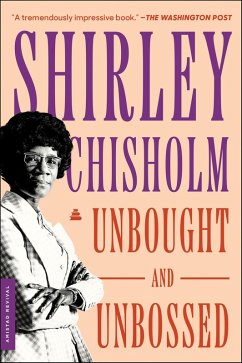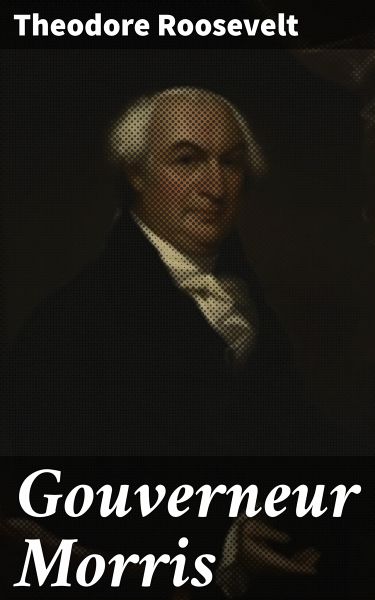
Gouverneur Morris (eBook, ePUB)
Enriched edition. Shaping American Politics: A Journey Through Gouverneur Morris's Legacy
Kommentar: Norcrest, Livia / Redaktion: Good Press
Versandkostenfrei!
Sofort per Download lieferbar
0,49 €
inkl. MwSt.
Weitere Ausgaben:

PAYBACK Punkte
0 °P sammeln!
In "Gouverneur Morris," Theodore Roosevelt presents a masterful biographical account of one of the Founding Fathers of the United States, Gouverneur Morris. Written in a rich, narrative style, the book not only chronicles Morris's life and political career but also situates him within the broader context of the American Revolution and the formation of the nation. Roosevelt employs a vivid, engaging prose that captures Morris's multifaceted character'-his eloquence, intellect, and idiosyncrasies'-while skillfully analyzing his pivotal role in shaping American democracy and the Constitution. The...
In "Gouverneur Morris," Theodore Roosevelt presents a masterful biographical account of one of the Founding Fathers of the United States, Gouverneur Morris. Written in a rich, narrative style, the book not only chronicles Morris's life and political career but also situates him within the broader context of the American Revolution and the formation of the nation. Roosevelt employs a vivid, engaging prose that captures Morris's multifaceted character'-his eloquence, intellect, and idiosyncrasies'-while skillfully analyzing his pivotal role in shaping American democracy and the Constitution. Theodore Roosevelt, the 26th President of the United States, was a keen historian and biographer, with a profound appreciation for American ideals and the men who shaped them. His experience as a public servant and a passionate advocate for progressive reform infused his writing with a sense of urgency and relevance. Roosevelt's research for this biography reflects his deep commitment to understanding America's founding principles and the nuances of its historical narrative, drawing from primary sources and offering contemporary insights into Morris's contributions. Readers seeking to deepen their understanding of early American history will find "Gouverneur Morris" not just an informative biography but also an illuminating exploration of the ideals that forged the United States. Roosevelt's engaging storytelling brings Morris's era alive, making it a valuable addition to both historical scholarship and the personal library of any enthusiast of American history. In this enriched edition, we have carefully created added value for your reading experience: - A succinct Introduction situates the work's timeless appeal and themes. - The Synopsis outlines the central plot, highlighting key developments without spoiling critical twists. - A detailed Historical Context immerses you in the era's events and influences that shaped the writing. - An Author Biography reveals milestones in the author's life, illuminating the personal insights behind the text. - A thorough Analysis dissects symbols, motifs, and character arcs to unearth underlying meanings. - Reflection questions prompt you to engage personally with the work's messages, connecting them to modern life. - Hand-picked Memorable Quotes shine a spotlight on moments of literary brilliance. - Interactive footnotes clarify unusual references, historical allusions, and archaic phrases for an effortless, more informed read.
Dieser Download kann aus rechtlichen Gründen nur mit Rechnungsadresse in A, B, BG, CY, CZ, D, DK, EW, E, FIN, F, GR, H, IRL, I, LT, L, LR, M, NL, PL, P, R, S, SLO, SK ausgeliefert werden.




